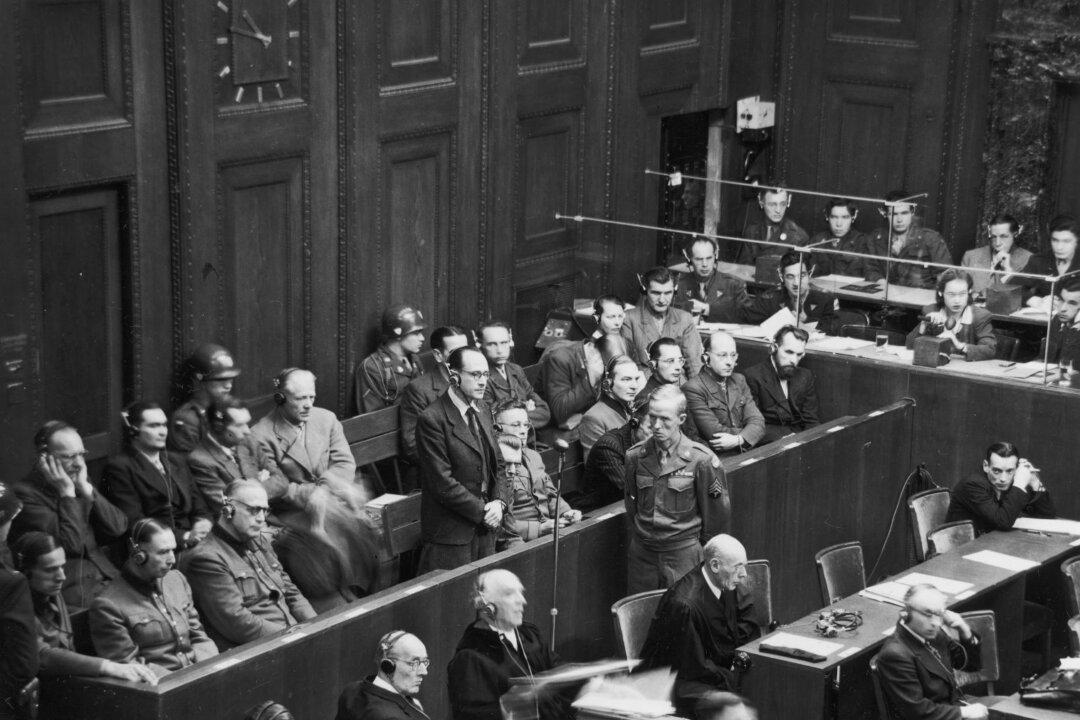More than 75 years removed from the greatest military conflict in human history, there is so much to remember. Unfortunately, there is so much forgotten. David de Jong has written a book, “Nazi Billionaires: The Dark History of Germany’s Wealthiest Dynasties,” in hopes that the world may not forget the families who enriched the Nazi regime and also enriched themselves.
War as Moneymaker
World War II catapulted America out of the Great Depression and into a thriving postwar economy. The country was the manufacturing hub for the Allies. Prior to the onslaught of World War II, Germany began its push for rearmament. Its methods, however, were counter to America’s, aside from its being against the Treaty of Versailles.De Jong discusses in detail how Adolf Hitler and Nazi Party officials, like Joseph Goebbels and Heinrich Himmler, began their political conniving with some of Germany’s wealthiest industrialists even before they had officially taken complete political power. Donations were met with promises from the future regime—promises of immense profits and security from competition.






